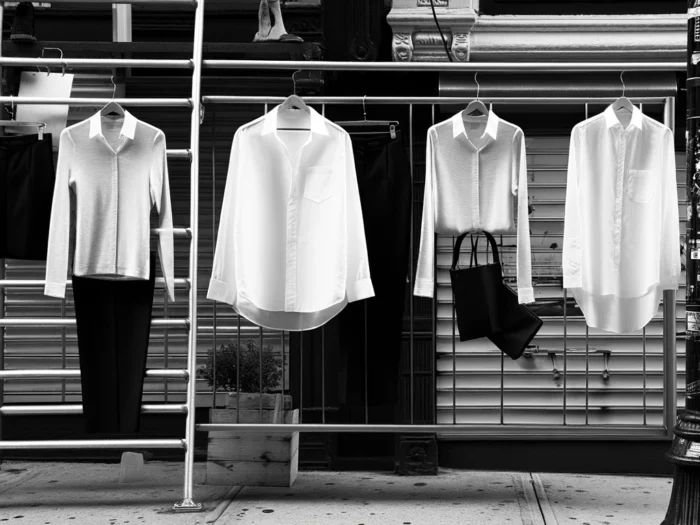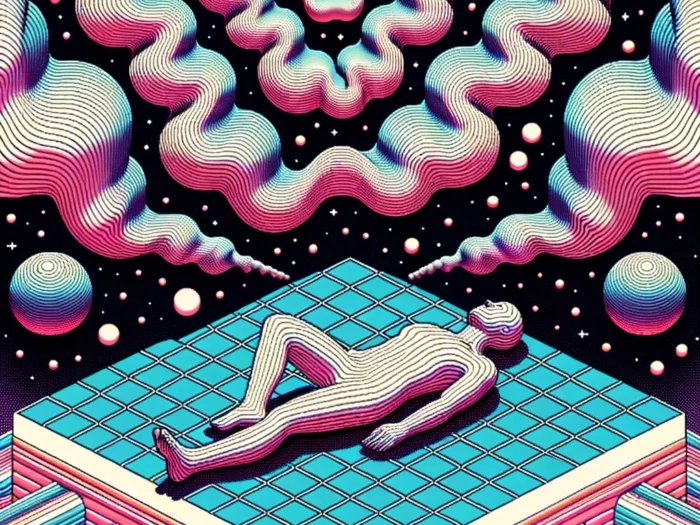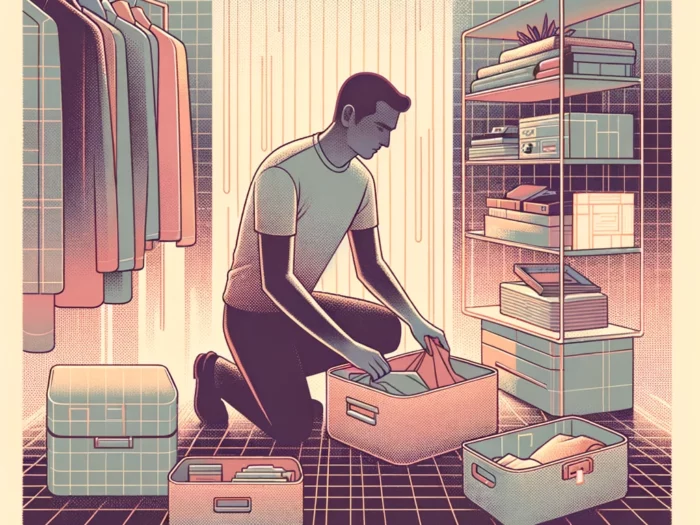Do you think in all or nothing terms? Do things have to be one way or the other? If you think this way, and many people do, it’s dangerous. Black and white thinking can lead to poor decisions and extreme measures. Tomorrow, you might regret decisions you make today, using black and white thinking.
I Was Raised In Black And White
I was the child victim of an extreme religious cult. I didn’t know it at the time, but the cult leader used people’s inclination to think in black-and-white terms as a means of control.
You can read more about my childhood in my first novel: A Train Called Forgiveness.
Until I returned to college at the age of 30, I also didn’t realize that I was a black-and-white thinker. I thought things had to be one way or the other. There was little, if any, in-between. It took years of higher education to undo what that cult leader had done in my youth.
Now, I might be oversensitive, but I see too much thinking done in black and white. I see it in religion. I see it in politics. I see it in fundamentalism. I even see it in minimalism. But here’s the problem: black-and-white thinking can lead to poor decisions.
- You’ll be less judgmental: Are you quick to judge those who are different than you? That’s a common behavior among people who think in black and white. Religious black-and-white thinkers might judge those who are of different religions. Political black-and-white thinkers might put complete faith in their own party’s values while dissing the opposing party. Let’s face it, no one likes to be judged. If you’re judgmental, put yourself in the shoes of those you’re judging. How does it feel? You like it? I didn’t think so.
- You’ll make better decisions: When we think in all-or-nothing terms, we might make poor decisions. When we only believe there is one acceptable answer to a problem, we leave ourselves boxed in. If you’ve made some poor decisions, could it be that you were thinking in black and white. Good decisions are made from considering a large array of possible solutions. In most cases, this includes more than two options.
- You’ll be happier: If you’re stuck thinking that everything has to be one way or the other, it doesn’t leave much room for happiness when you don’t get your way. If you want to be happier, you have to be willing to accept a variety of outcomes. You have to leave expectations behind. Happy people are able to live in the here and now. When you accept other situations and people for what and who they are, you learn to accept diversity. You can’t accept diversity and think in black and white. They don’t go together.
- You’ll be healthier: Black-and-white thinkers are often over emotional and sometimes anger easily. Do you get angry with others and yourself? You might be a black-and-white thinker. If you learn to practice empathy and forgiveness, you’ll begin to knock down the walls of black-and-white thinking. When you let go of the anger, frustration, and depression that can stem from black-and-white thinking, you’ll not only be happier, but you’ll be healthier, too.
Making The Change
How do you overcome black-and-white thinking? It’s not easy. It takes time. You have to be willing to do new things. You have to be willing to think from others’ perspectives. Try a few of the following:
- Read books from differing perspectives.
- Talk to people you normally wouldn’t talk to.
- Take some classes at your local college.
- Watch programs that you normally wouldn’t watch.
- Try new foods.
- Learn a foreign language.
The key is being willing to step outside of your comfort zone and try new things. Over time, you’ll begin to see the world from a broader lens. That will lead to broader ways of thinking.













